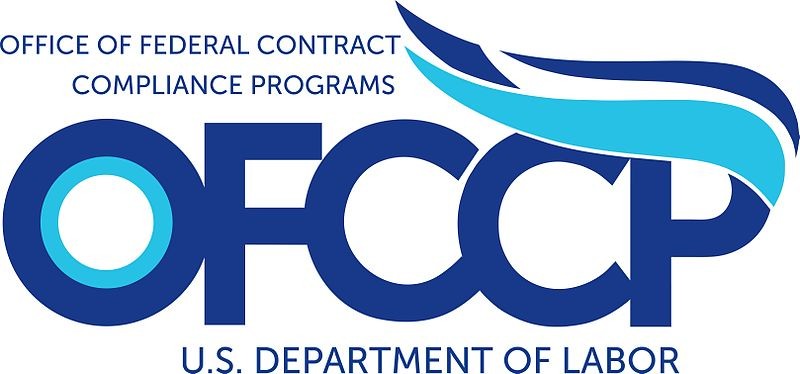Today, female workers earn more than 20 cents less on every dollar of income as compared to male counterparts performing similar work. This pay gap has proven persistent despite previous policy efforts to bring gender equity to the pay scale. But, recent legislative action in California and Ohio as well as at the federal level has the potential to close the pay gap between men and women in the U.S. workforce.
The U.S. already has federal legislation, the Equal Pay Act, in place to prevent against gender based wage discrimination. While the Equal Pay Act does provide protections for workers seeking equal wages, many feel that we need to go further given the continued gap. The pending Paycheck Fairness Act could be passed this year, and would strengthen protections provided under the Equal Pay Act.
Ohio currently has a bill pending, House Bill 330, which would provide these types of protections. If passed, state and local governments would be required to determine the value of comparable work across job categories. The law in Ohio would also require companies receiving state contracts or receiving state funds to meet an even higher standard along with providing protections for employees against retaliation for discussing or sharing salary information.
California’s new Fair Pay Act may be the most expansive fair pay law in the country, and has the potential to set a new standard for other states considering this type of action. Women across the country want be paid at the same rate for the same work as their male peers, and employees and employers alike should be aware of their obligations when it comes to gender equal pay.
Photo courtesy of Flickr user Seattle Municipal Archives under a Creative Commons Attribution 2.0 Generic License.







